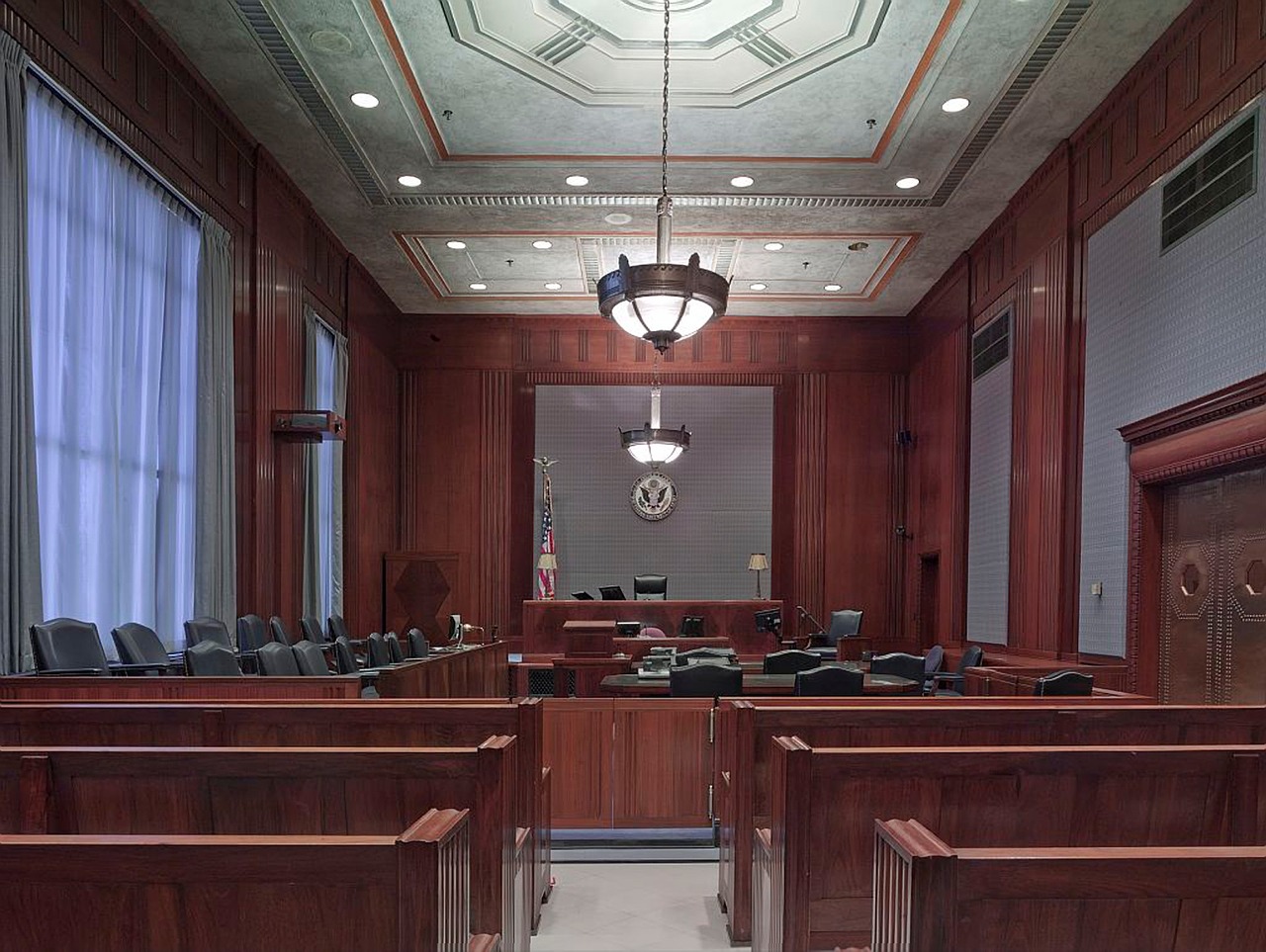
Do You Have the Right to Appeal? Appeal by Right and Appeal by Leave
You may have heard about the “right to appeal” in a criminal case. You do have an absolute right to appeal a criminal conviction in the United States. It is important, however, to understand that there are actually two types of appeals, an appeal by right and an appeal by leave. An appeal by right refers to an absolute right granted to you by statute or by an underlying Constitutional principle. The court cannot refuse to consider an appeal by right. Conversely, the court can refuse to consider an appeal by leave. The court has the discretion to grant or to deny an appeal by leave. In a single criminal case, it is common to have both routes — appeal by right and appeal by leave — available at some point throughout the appeals process.
For example, a defendant who is convicted at trial in a state court has a right to appeal to the state’s intermediate level court. The State of Tennessee is one of only two states in the country that has two intermediate appellate court systems – the Court of Appeals that hears civil matters on appeal and the Court of Criminal Appeals that hears appeals from criminal cases. A criminal conviction that is appealed to the Court of Criminal Appeals will be heard by a panel of three judges. If the Court of Appeals upholds the trial court conviction, a defendant may ask the state’s highest court, in this case, the Tennessee Supreme Court, to hear the case. The Tennessee Supreme Court may grant leave to appeal but is not required to do so. The same applies to the highest court in the land, the Supreme Court of the United States (SCOTUS). If the Tennessee Supreme Court upholds the lower court decision, a defendant may petition SCOTUS; however, SCOTUS is not required to accept the case for review. In fact, SCOTUS rejects 99 percent of all petitions for review.
What Does It Mean to Appeal?
One of the biggest misconceptions about the appellate process is the belief that an appeal provides the defendant with the opportunity to effectively try the case again in front of a higher court. Nothing could be farther from the truth. When you appeal a conviction, you must allege an error that occurred during your trial upon which the higher court could provide relief, including legal error, juror misconduct, or ineffective assistance of counsel. Legal errors may result from improperly admitted evidence, incorrect jury instructions, or lack of sufficient evidence to support a guilty verdict. Moreover, the error committed at the trial court level must have been substantial. A “harmless” error will not support an appeal. In other words, if the error did not affect the outcome, it will not substantiate the right to appeal.
How Does an Appeal Work?
The appeals process includes a number of very important deadlines. While many trial courts are lenient with statutory time frames, the appellate time frames are usually strictly adhered to by the court, starting with the time within which you have to file your initial Notice of Appeal – 30 days. If you fail to file within the deadline you forever waive your right to appeal.
The appellate process is one of review, not trial. The record of trial will be requested at the time the defendant files the Notice of Appeal. A transcript of the trial, along with everything else admitted at trial (evidence, exhibits etc.) is then sent up to the Court of Criminal Appeals. Both parties will also prepare a brief outlining their respective arguments. Sometimes, the court will order, and/or the parties will request, oral arguments in support of their briefs. The Appellate Panel will render its decision based on everything submitted and/or argued during oral arguments.
Contact Usa Murfreesboro Criminal Defense Lawyer
If you are currently facing criminal charges in the State of Tennessee, it is in your best interest to consult with an experienced Murfreesboro criminal defense lawyer at Bennett, Michael & Hornsby as soon as possible to ensure that your rights are protected. Contact the team today by calling 615-898-1560 to schedule your appointment.
- Understanding the Role and Responsibilities of a Trustee - April 23, 2024
- When Are Miranda Warnings Required? - April 16, 2024
- 5 Benefits of Mediation in a Tennessee Divorce - April 9, 2024







